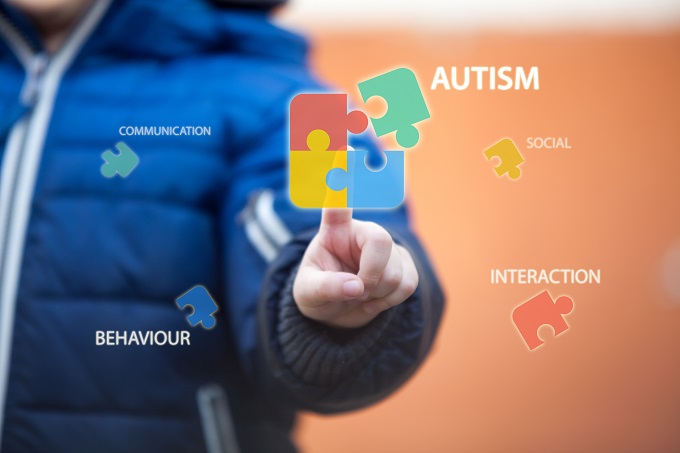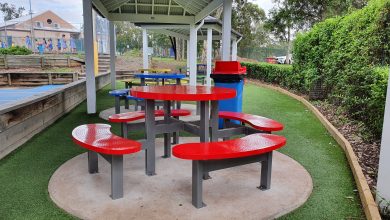Autism awareness: flexible techniques help school success

Autism Awareness Day was this week! Author of The Everyday Autism Series and mother of two, Monique Cain reveals how teachers can be more aware of autism spectrum disorders.
First, she explains why inclusion and interaction matters for children with autism in our schools…
From a very young age it was clear that my daughter Madi was different. She was unable to connect or engage with others and seemed trapped in her own world. Things like mainstream kinder were extremely difficult for her. It was easy for other kids to build relationships, participate in concerts or excursions, learn and follow rules, but Madi really struggled to co-exist and became quite isolated at times as a result.
My son Thomas has also been diagnosed with Autism. He too experienced similar difficulties in mainstream settings. After many questions from other kids and teachers and experiencing these scenarios, I began writing to explain my children’s behavior.
In a classroom setting, ASD kids often interact better in smaller groups because too many people can be overwhelming. Ideally, you want to provide a quiet place where a child can escape and take a break from all the chaos, if they need. One-on-one learning time with an aide or teacher where possible is extremely beneficial.
My children’s mainstream school has enthusiastically put things into place to help our children cope, feel comfortable and be free from distraction. Allowing the kids to have fidget toys, noise canceling headphones, special seats and employing relaxation techniques when necessary have been tremendously successful.
Madi’s grade teacher recently told me that most of her class are at different levels academically, so she already caters for each individual. There are so many new and improved learning and teaching techniques being used in schools, from songs to interactive iPad programs, that it’s all about adaption to the student.
Having an ASD child’s profile on file to review for a relief teacher and to pass on to future teachers and assistants would be a helpful resource! A detailed list of likes, dislikes, triggers, helpful calming techniques and outlining a basic successful routine followed in the classroom will help awareness, change and comfortability.
I believe all teachers should be educated about ASD. The techniques learned may be helpful for all children across the board. The more educated anyone is, the greater equipped to handle a potential situation. The more a teacher understands my child, the better relationship they will have and the further progress can be made. Understanding the need for a break, the inability to sit still for too long or the classroom noise being too loud can make a huge difference.
About Monique Cain:
Monique wrote The Everyday Autism Series, out of a need to communicate the importance of being kind, friendly, and inclusive of kids with ASD or any child who may act a bit differently. Never Give Up is released by 3MT Media and is available on website www.theeverydayautismseries.com.au and selected local and specialist book stores and therapy and autism services.







